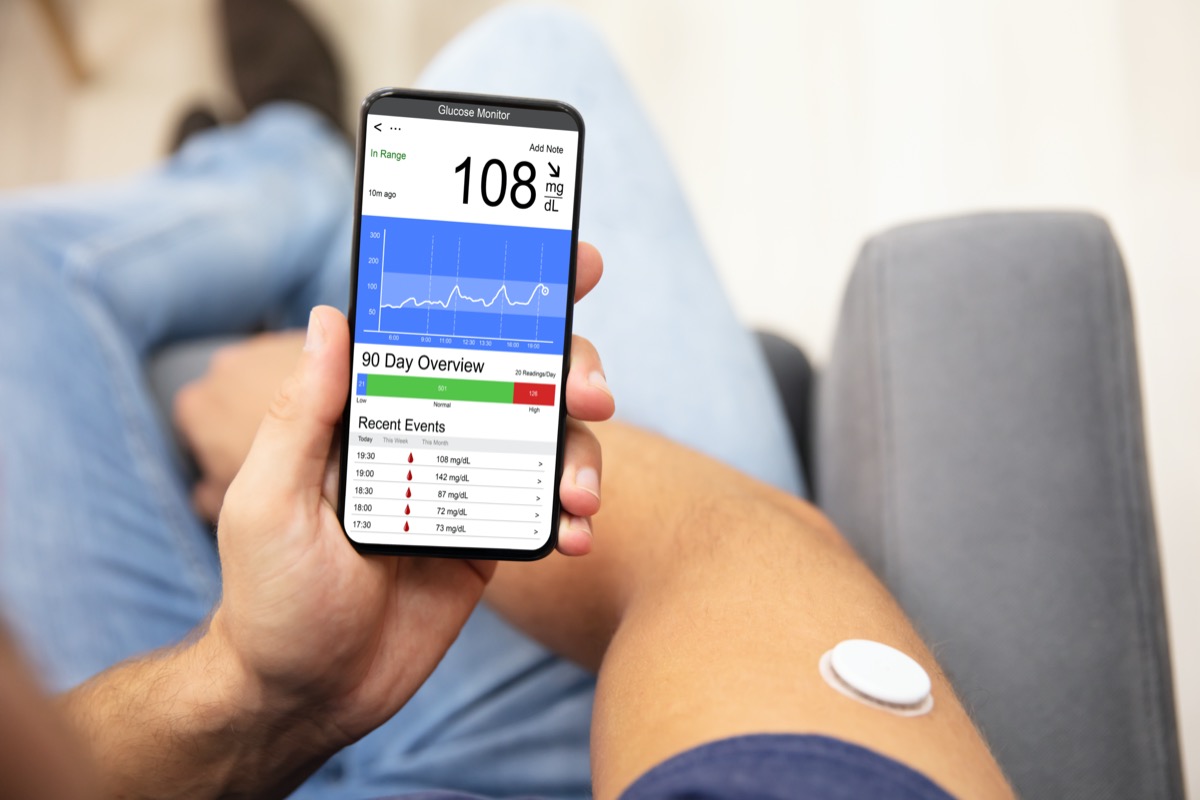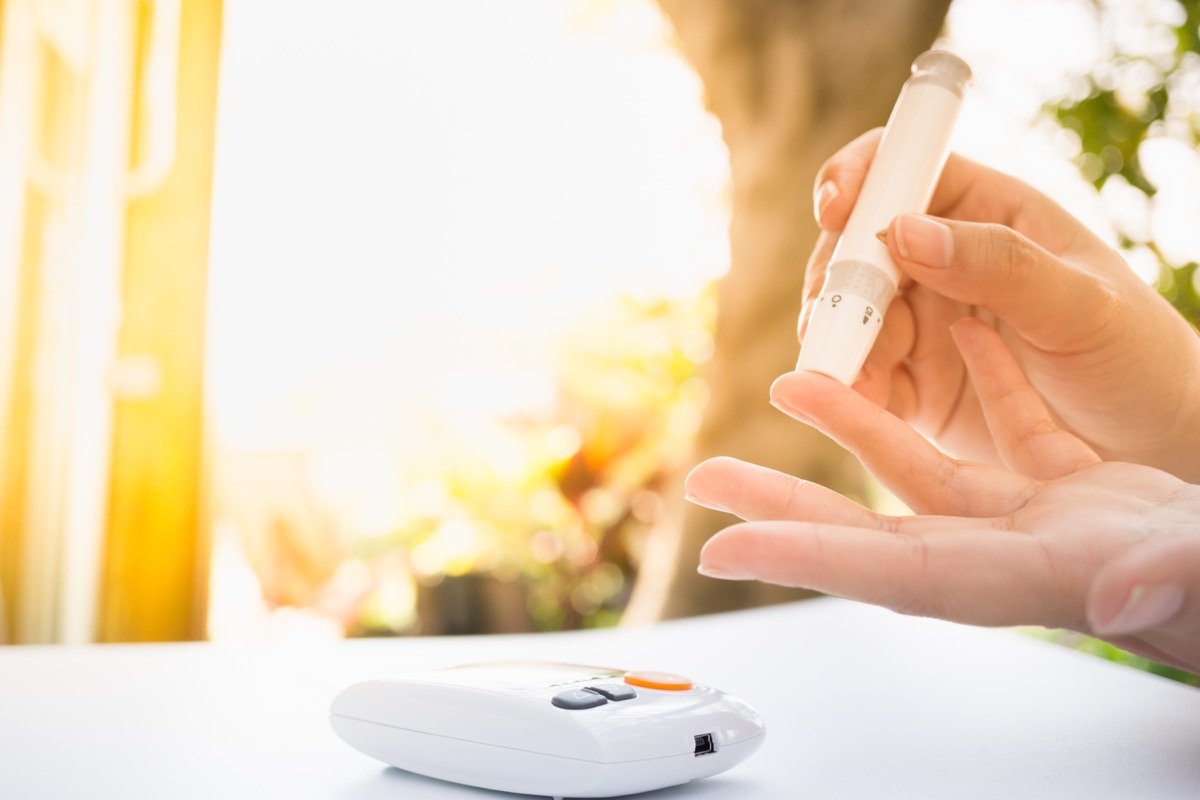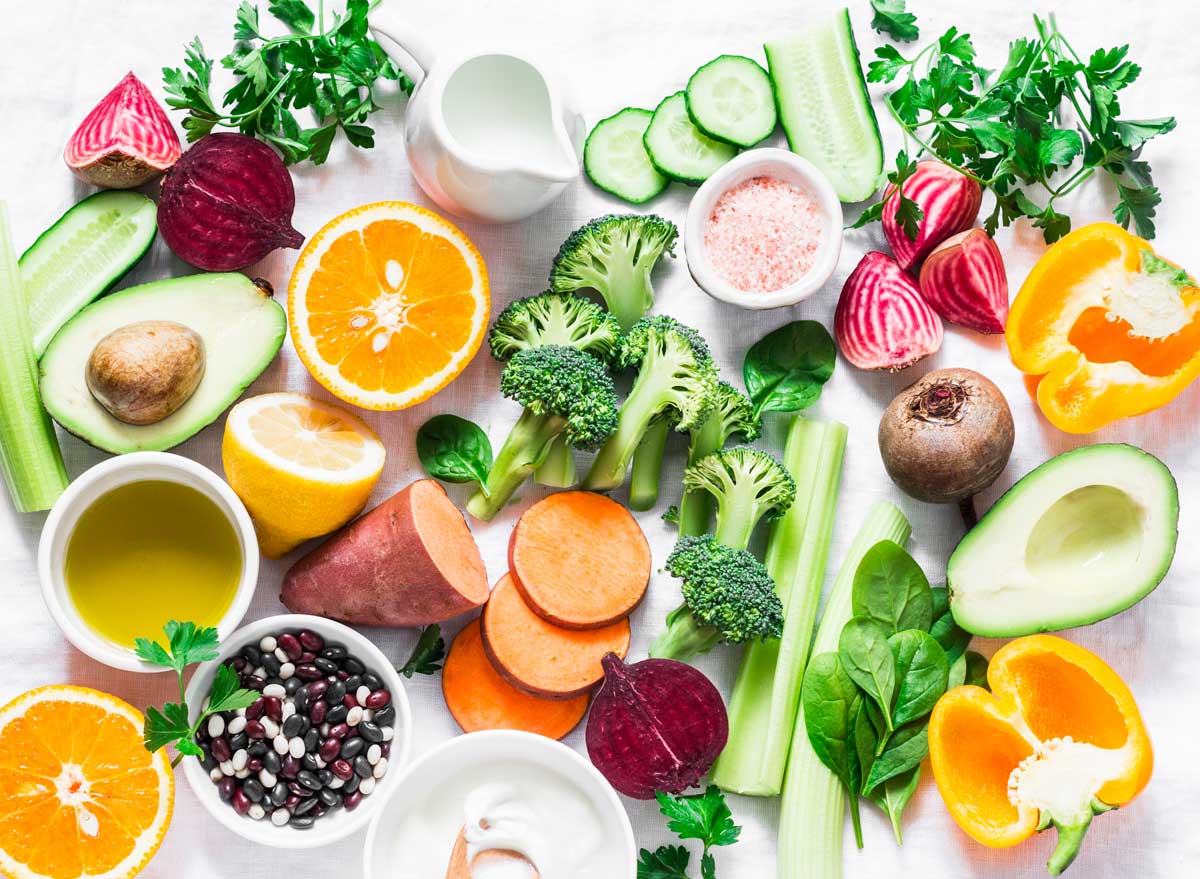7 Precautions People With Diabetes Should Take Now to Avoid COVID-19

With the coronavirus pandemic in full swing, it’s important that those who are at higher risk of having adverse complications with the disease remain as healthy as possible during this time. Those who have diabetes are thought to be at higher risk, but the reason why may be a misconception.
If someone has type 1 diabetes are they considered immunocompromised? How about people with type 2 diabetes?
Technically, no. While type 1 diabetes is an autoimmune disease and though some studies suggest that type 2 diabetes may be an autoimmune disease as well, both conditions (as of right now) don’t appear to impair the immune system so long as proper measures are taken to manage symptoms. This can be achieved, for example, through diet, exercise, and managing blood glucose (sugar levels).
“While current research supports the fact that those with type 1 and type 2 diabetes are more prone to bacterial and viral infections, we are still waiting for a better understanding of the exact physiology of it to better create a solution,” says Certified Diabetes Educator Maryann Walsh MFN, RD, CDE. “What we do know is that there is an inflammatory response that occurs as a result of the immune system responding to high blood glucose levels.”
In other words, if blood sugar levels become too high, living cells in the body can become damaged, which then causes the body to release a signal back to the immune system, letting it know something’s wrong. According to a current diabetes review, when someone with diabetes experiences hyperglycemia (the state in which blood sugar levels are too high) it’s believed to impair the body’s immune response, “which results in preventing it from being able to adequately control the spread of invading pathogens such as bacterium or viruses that can cause disease,” says Walsh.
So, having diabetes doesn’t automatically make someone immunocompromised. But, if the condition isn’t managed correctly, other complications can arise as a result that could then pose a threat to the immune system.
“According to JDRF, a person with type 1 diabetes who has their condition well managed and under control is not at any increased risk compared to someone without type 1 diabetes. It is when blood glucose levels are not well controlled that there is a concern in becoming more susceptible,” says Walsh.
To ensure that no one with diabetes is at high risk of contracting any illness this spring, we made a list of seven things everyone with diabetes should be mindful of amid the pandemic.
First, if you have type 1 diabetes you should know to…
Continue to monitor your blood glucose levels regularly

This step is imperative for someone with type 1 diabetes to take to maintain good health, no matter if there is a pandemic or not.
“Keep a close eye on your blood sugar levels through a continuous glucose monitoring system or from frequent checks with a blood glucose meter,” says Toby Smithson, MS, RDN, CDCES, founder of Diabetes EveryDay and author of Diabetes Meal Planning and Nutrition for Dummies. “Constant high blood glucose levels can decrease your immune system responsiveness.”
Stock up on up to 3 months worth of insulin

“Experts are recommending that persons with type 1 diabetes should make sure to maintain a 30 to 90 day supply of their insulin and medications as well as food and snacks for correcting blood glucose ‘lows’ and if there is concern about going to a pharmacy or grocery store, utilizing delivery services can be helpful, says Walsh. “Also, many medical practices are utilizing telehealth technology, so communicate regularly with your physician or health care provider if you need prescription refills.”
Now, if you have type 2 diabetes you should know…
Overeating could impair your immune system

“As mentioned, elevated blood glucose levels may impair the immune system’s ability to effectively protect the body from pathogens, so taking extra precautions to manage blood sugar is very important right now,” says Walsh. “Many are concerned about overeating due to being home more and having a stock of food and snacks on hand, so utilizing a food tracking app like MyFitnessPal may help persons with type 2 diabetes to better keep track of food intake each day, especially carbohydrate and sugar intake.”
Exercise is especially important right now

Smithson points out that a person who has diabetes in addition to other underlying health conditions are more likely to have weakened immunity and as a result are at higher risk of becoming sick.
“For instance, two out of every three people with diabetes [also] have high blood pressure. Adding physical activity in any form, can help reduce stress and keep blood glucose as well as blood pressure levels on target,” she says. “Start with ten minutes of walking in or around the outside of your house or apartment or using canned vegetables as hand weights.”
To monitor blood glucose levels daily

People with type 2 diabetes aren’t always instructed by health professionals to self monitor their blood sugar levels—something that’s vital for those with type 1 diabetes to do. However, amid the coronavirus pandemic Walsh recommends that people with type 2 diabetes begin checking their blood glucose levels at least once a day if they don’t already.
“People with type 2 diabetes should be extra diligent at this time about monitoring blood glucose levels daily and also doing daily skin and feet checks to catch any issues that may lead to infections before they become serious or require hospitalization. Regular communication with your physician should be occurring if any issues are in place,” she says.
If you have either type 1 or type 2 diabetes you should know to…
Stock your kitchen with healthy foods

“Whether you have type 1 or type 2 diabetes, a healthy eating plan is critical to diabetes management. And, during this high-stress time, emotional or stress-eating can push your blood glucose out of target,” says Smithson. “Stock your kitchen with healthy food options like almonds, fruits and vegetables.”
Smithson also says that some studies have indicated that almonds can lower blood glucose levels after consumption, which can quell hunger pangs and keep you feeling satisfied, longer.
Finally, if you are a pregnant woman with gestational diabetes you should know to…
Track food intake, specially carbohydrates

Gestational diabetes is characterized as having high blood glucose levels during pregnancy.
“Just like people living with type 2 diabetes, women with gestational diabetes will want to exercise extra precaution when it comes to managing blood glucose levels to prevent any complications that require hospitalization,” says Walsh. “Regular blood glucose monitoring, consistency with insulin regimens, if she is on insulin, and tracking carbohydrate and overall food intake can be helpful for blood glucose management.”